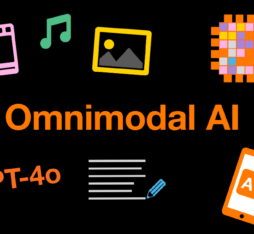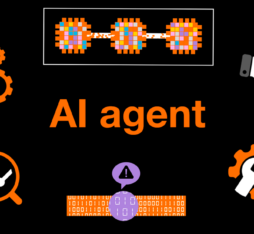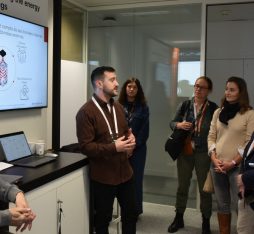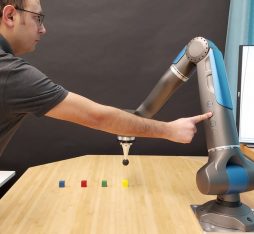NLP
Automatic translators, spellcheckers, search engines, voice interface, or virtual assistants… Natural language processing (NLP) is everywhere and we use it daily. At the crossroads of linguistics, IT, and maths, this field of artificial intelligence this branch of artificial intelligence aims to develop IT tools that are capable of understanding and speaking our language in order to make technology usage simpler and more pleasant, and to provide us with a multitude of services.
To do this requires several levels of processing: lexical, syntactic, semantic, pragmatic… The machine must identify the different words, their properties such as grammatical function or meaning, and their relationships, as well as grasp the meaning of the sentence and the particular context in which it was formulated.
This is very complicated because natural language is characterised:
1) by its ambiguity, which is manifested by the fact that a single word can have several meanings and by the variety of interpretations one can give to a sentence,
2) conversely, by its variability, as a concept can be expressed with several synonyms and an idea with different paraphrases
3) by a certain amount of implicitness, i.e. what is not expressed explicitly.
Humans have “background” knowledge, which most of the time enables them to dispel ambiguities and to understand what is implicit. This is not the case for machines. Thus, “lexical disambiguation” in natural language processing is a major problem, the resolution of which would facilitate important advances!
Although a great amount of progress is still to be made in the area of NLP, spectacular advances have been achieved thanks to the use of machine learning techniques, based notably on artificial neural networks, which today mobilise the efforts of numerous research teams.
Read also on Hello Future


AI therapy: marketing hype and the hidden risks for users
Discover
A lexicon of artificial intelligence: understanding different AIs and their uses
Discover

Devoxx France: “AI has ushered in a second revolution in the world of testing”
Discover
BrainBox AI to cut commercial real estate emissions by up to 40%
Discover
Machine learning for intuitive robots that are aware of their environment
Discover


